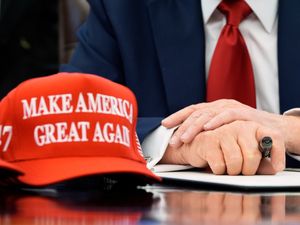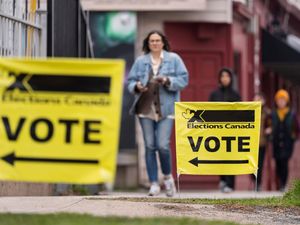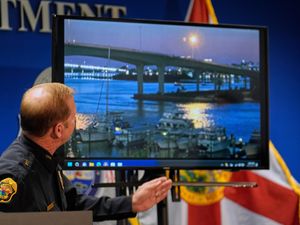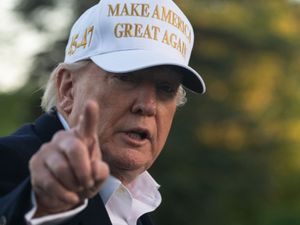Ukraine’s European allies not unanimous on armed force deployment – Macron
Emmanuel Macron says France and the UK will forge ahead with the proposed deployment to provide a security guarantee to any ceasefire deal.
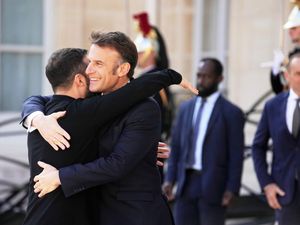
European allies of Ukraine do not all agree on the proposed deployment of an armed force in the country to back up an eventual peace deal and only some want to take part, French President Emmanuel Macron has said.
“It is not unanimous,” he said after wrapping up a summit on strengthening Kyiv’s hand and its military as it pushes for a ceasefire with Moscow. “We do not need unanimity to achieve it.”
He said that France and the UK, who are driving the initiative, will forge ahead with a “reassurance force” with several countries.
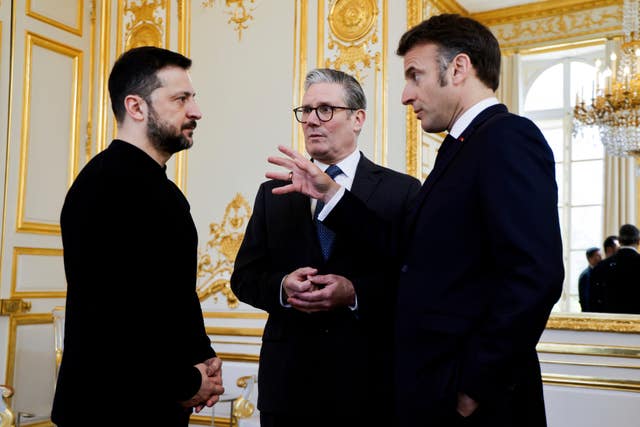
The summit hosting the leaders of nearly 30 countries plus Nato and European Union chiefs comes at a crucial juncture in the more than three-year war, with intensifying diplomatic efforts to broker ceasefires driven by pressure from US President Donald Trump to end the fighting.
But the conflict continues. Before the leaders met in the luxury of the French presidential palace, Russian drone attacks overnight injured more than 20 people and heavy shelling on Thursday afternoon killed one person and knocked out electricity in parts of Kherson, Ukrainian officials said.
US-brokered agreements this week to safeguard shipping in the Black Sea and last week to halt long-range strikes on energy infrastructure were greeted as a first step towards peace.
But Ukraine and Russia have disagreed over the details and accused each other of deal violations, foreshadowing a long and contentious process ahead.
– Europe asks: Will US help?
One reason why some European countries are balking at a potential deployment in Ukraine is because it is unclear whether Mr Trump would support such a contingent with air power and other military assistance.
“This will require the engagement and support of the United States,” Mr Starmer said. “That’s a discussion we’ve had with the president on many occasions.”
Mr Macron suggested they may have to do without US backing.
“You have to hope for the best, but prepare for the worst,” he said.
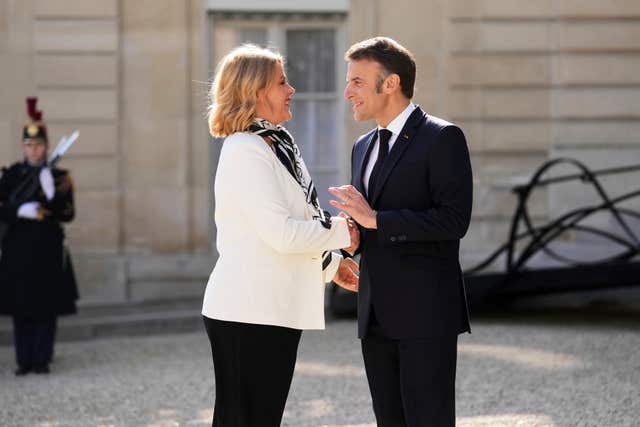
“My hope is that the Americans will be on our side and that the Americans will support, even play an active role.”
“But we have to be prepared for a situation where perhaps they won’t join in,” he added.
Building a force big enough to act as a credible deterrent would be a considerable effort for nations that shrank their militaries after the Cold War but are now rearming.
One nation that publicly rejected sending troops was Greece.
Prime Minister Kyriakos Mitsotakis said those discussions were “somewhat divisive” and distracted from the goal of ending the war as soon as possible.
In the face of enduring pressure from Mr Trump on Europe to increase military spending and rely less on US forces, the proposed contingent is seen as a test of the continent’s willingness to defend itself and its interests.
While the US has spearheaded ceasefire talks, Ukrainian President Volodymyr Zelenskyy insisted that Europe, represented by Mr Macron and Mr Starmer, must also be at the negotiating table.
“We do not consider any alternative,” he said.
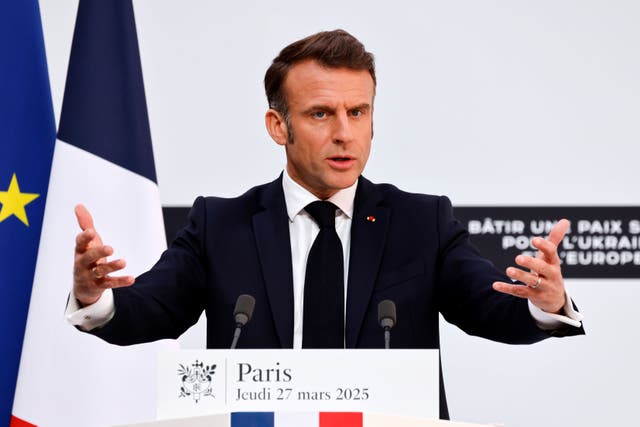
“This is our firm stance. Europe is vast, and it must have clear representation in these negotiations.”
– Agreement on sanctions
Summit participants were more in agreement that sanctions squeezing Russia’s economy must be continued, and even toughened, to force Moscow to negotiate in good faith.
“Lifting sanctions on Russia right now would be a disaster for diplomacy,” Mr Zelensky said.
“Sanctions are one of the few real tools the world has to pressure Russia into serious talks.”
Russia has demanded that sanctions be lifted to meet its terms for the Black Sea ceasefire.
The White House said it would help restore Russia’s access to the world market for fertilizer and farm exports, but it did not validate Moscow’s conditions.
US Secretary of State Marco Rubio said Russia’s demands would be evaluated and presented to Mr Trump.
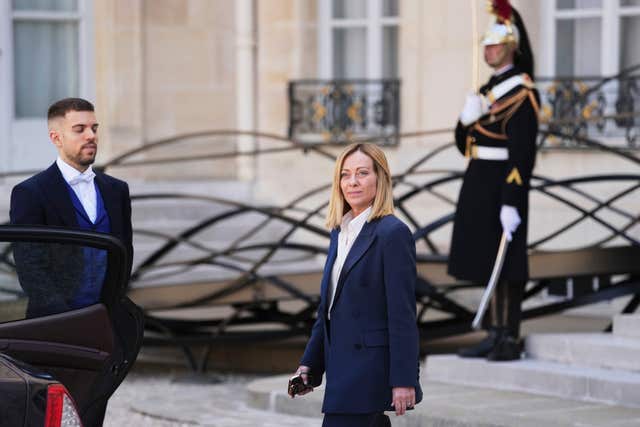
Mr Zelensky said: “They’re dragging out the talks and trying to get the US stuck in endless, pointless discussions about fake ‘conditions’ just to buy time and then try to grab more land”.
– More aid and more attacks
As ceasefire efforts gather steam, Ukraine’s allies in Europe are working to strengthen Kyiv’s hand militarily.
Their aim is to enable it to keep fighting until any broad peace takes hold and also to turn the Ukrainian army into the first line of defence against any future Russian aggression.
Mr Macron announced a new package of defence aid for Ukraine that he said was worth two billion euros (£1.6 million) and will include light tanks, air defence and anti-tank missiles and other weaponry and support.
Russian drone attacks overnight wounded at least 18 people in the Kharkiv region and three people in Dnipro, officials said.
Shelling in a front-line community in the Zaporizhzhia region knocked out electricity and phone coverage, regional head Ivan Fedorov said on Telegram.
Separately, the Ukrainian Army General Staff said that its attack at Engels military airfield in Russia on March 20 had destroyed 96 air-to-air cruise missiles and significant reserves of aviation fuel.
Satellite imagery taken the next day by Maxar Technologies appeared to show damage to ammunition and weapons storage at Engels, the main base for Russia’s nuclear-capable strategic bombers.

